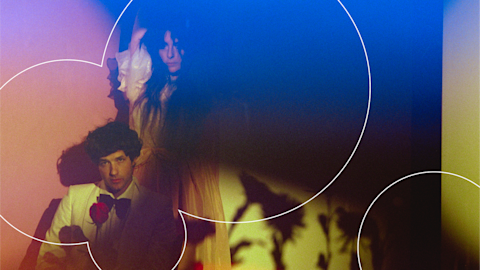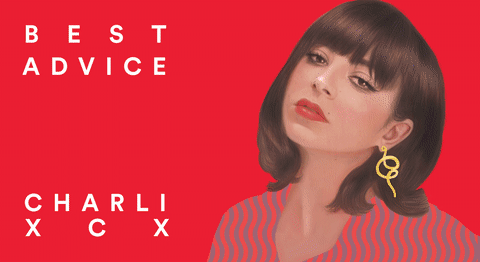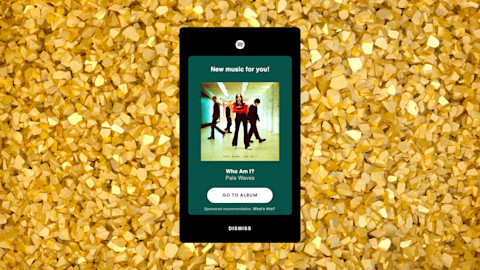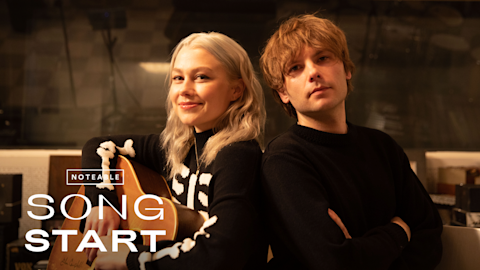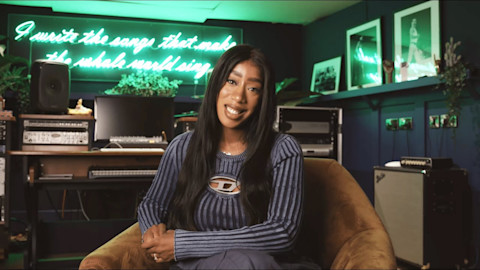We’ve been getting questions about this from songwriters, so we want to explain why Spotify is appealing the CRB decision, and how we see the issue. This is a complex topic, so if you feel you need a primer on how royalties work, check out this helpful Game Plan episode. Here are five things you need to know:
- Is Spotify suing songwriters? No, Spotify is not suing songwriters. Spotify, Amazon, Google, and Pandora have each individually appealed the CRB outcome. The National Music Publishers’ Association, or NMPA, also filed an appeal. An appeal is the only avenue for anyone to clarify elements of the CRB ruling.
- Does Spotify think songwriters deserve to be paid more? Yes - this is important to songwriters and it's important to Spotify. The industry needs to continue evolving to ensure that the people who create the music we all love -- artists and songwriters -- can earn a living. The question is how best to achieve that goal.
- Do you support the CRB rates? We are supportive of US effective rates rising to 15% between now and 2022 provided they cover the right scope of publishing rights. But the CRB’s 15% rate doesn’t account for all these rights. For example, it doesn’t consider the cost of rights for videos and lyrics.
- So why is Spotify appealing? The CRB rate structure is complex and there were significant flaws in how it was set. A key area of focus in our appeal will be the fact that the CRB’s decision makes it very difficult for music services to offer “bundles” of music and non-music offerings. This will hurt consumers who will lose access to them. These bundles are key to attracting first-time music subscribers so we can keep growing the revenue pie for everyone.
- So what’s the right way to split the pie? Music services, artists, songwriters and all other rightsholders share the same revenue stream, and it’s natural for everyone to want a bigger piece of that pie. But that cannot come at the expense of continuing to grow the industry via streaming. The CRB judges set the new publishing rates by assuming that record labels would react by reducing their licensing rates, but their assumption is incorrect. However, we are willing to support an increase in songwriter royalties provided the license encompasses the right scope of publishing rights.
We hope this helps explain why we took this step, and what you can expect from Spotify as the industry works together moving forward. These are hard issues but we will listen and be open about what we think. Our mission is clear: we want to help more artists and songwriters make a living doing what they love.
